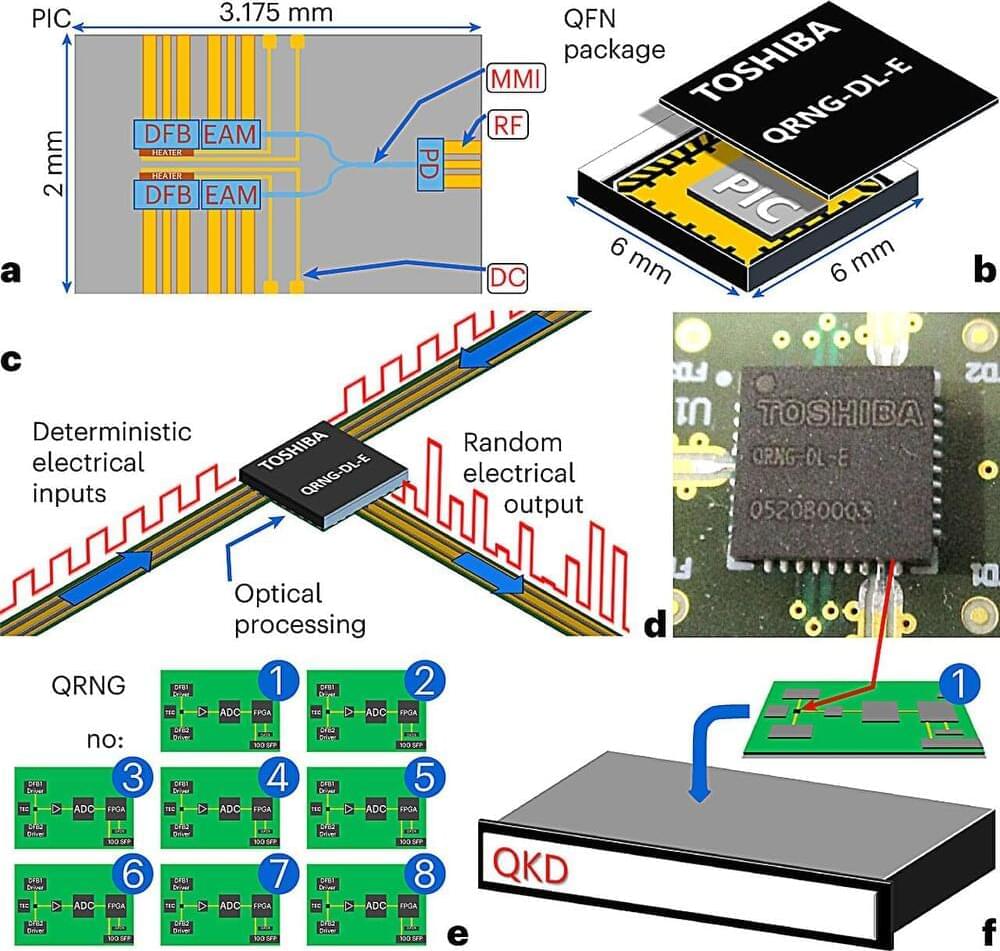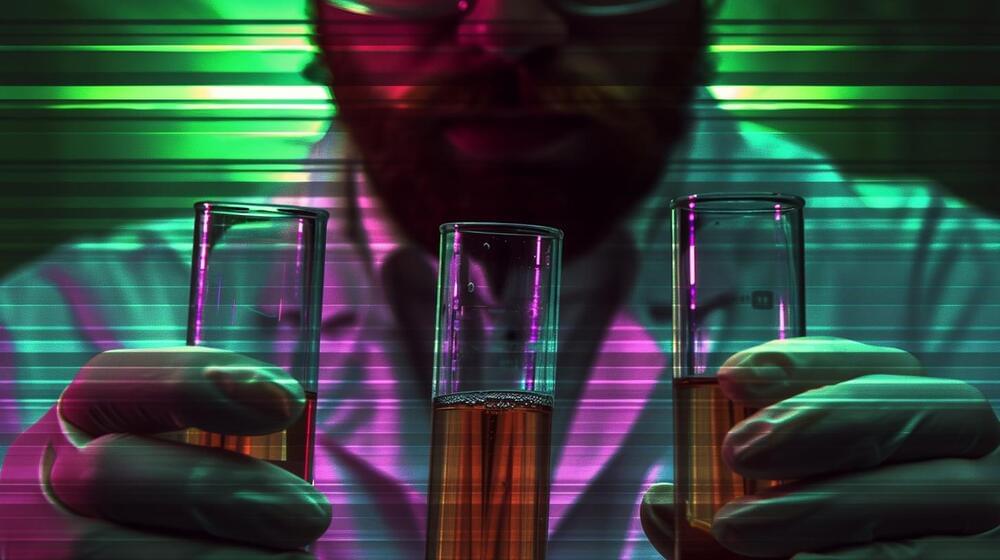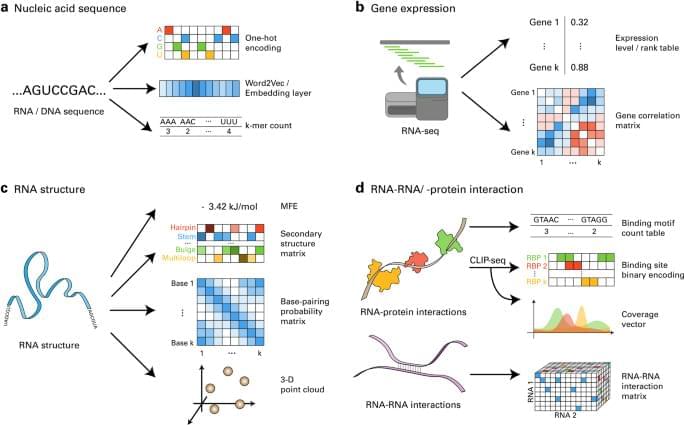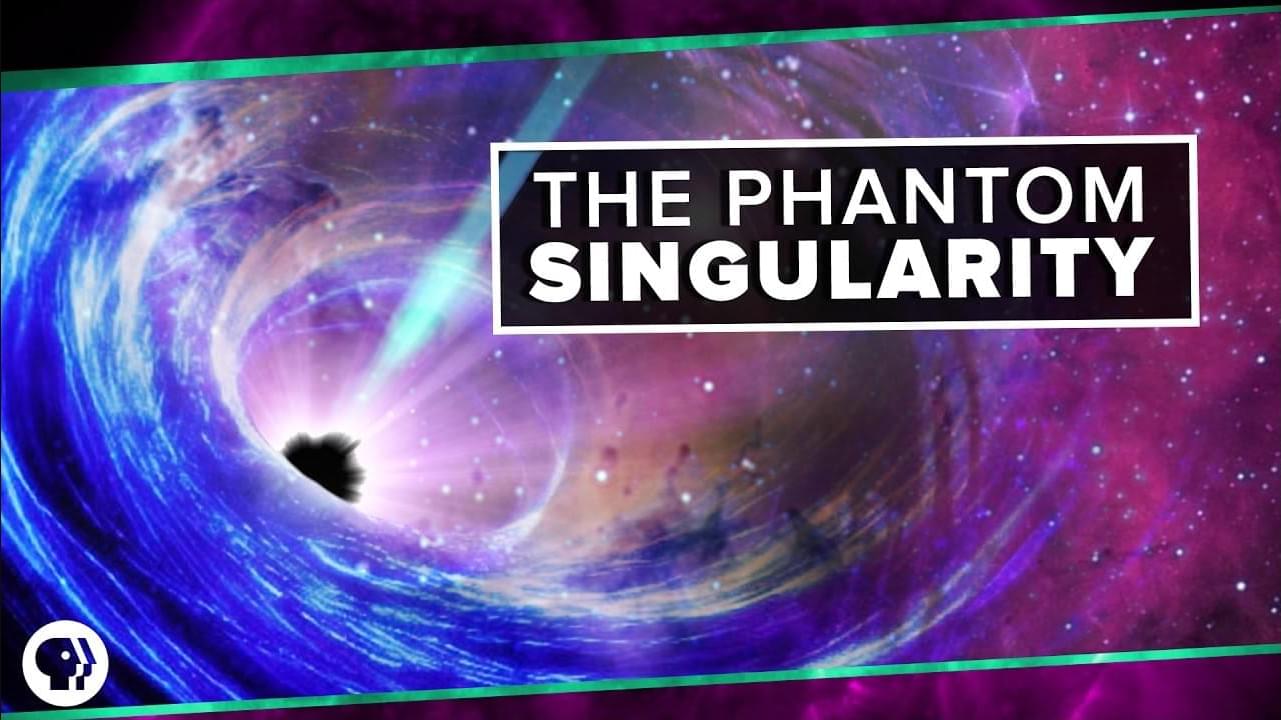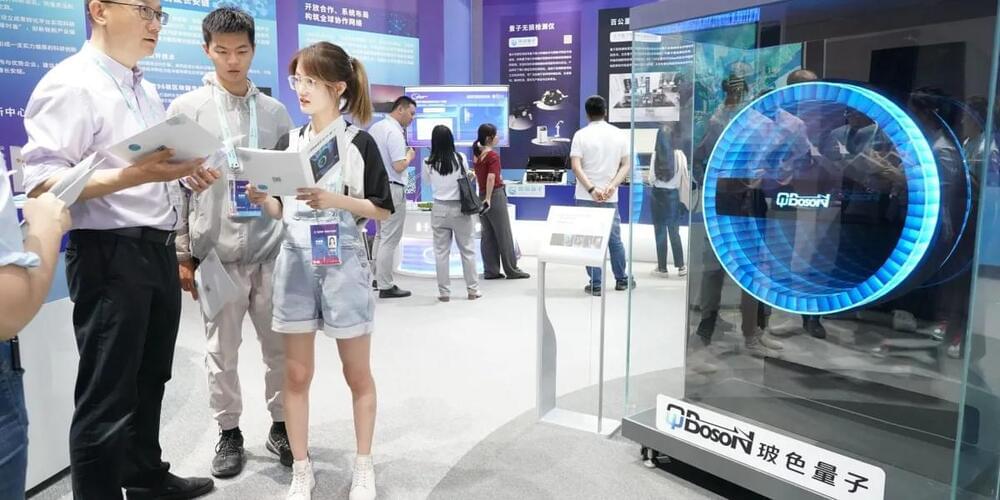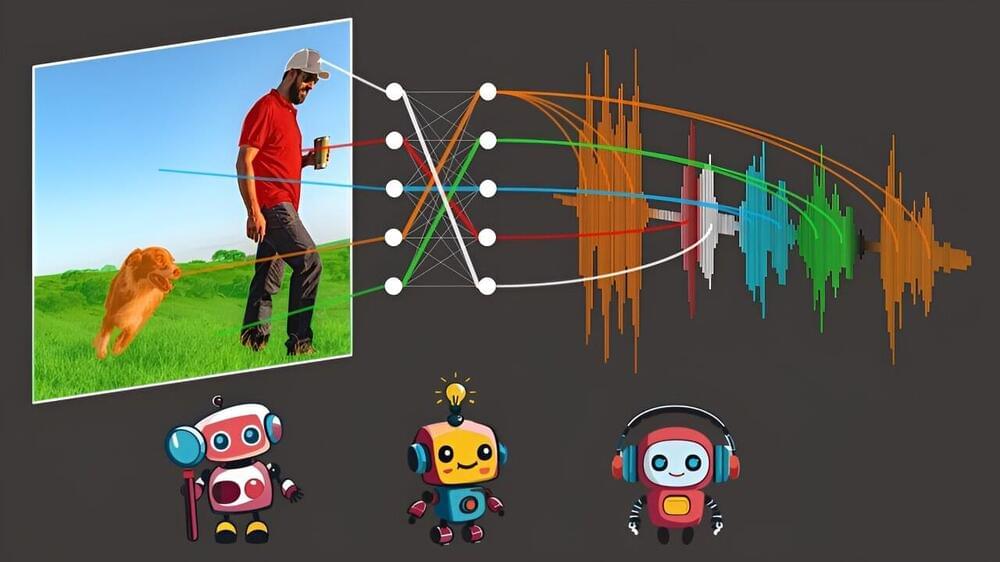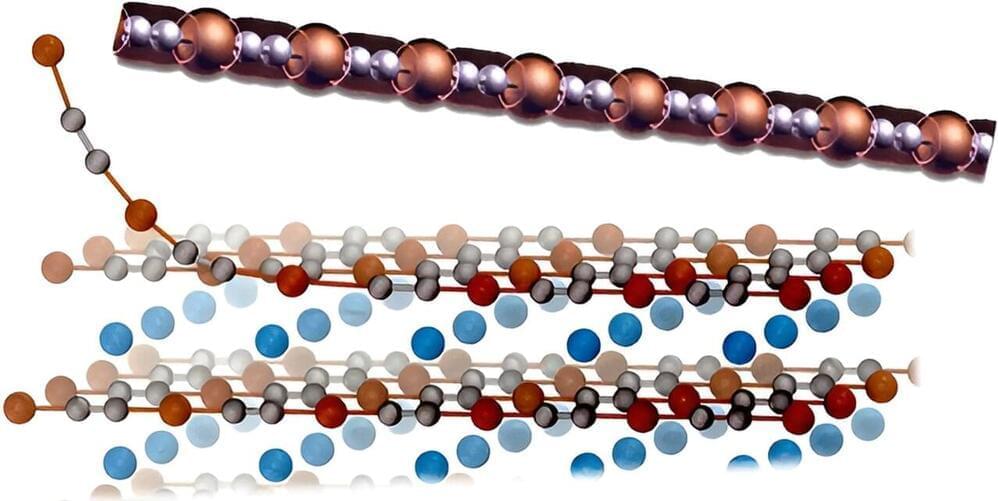
1. Privacy is important, but not always guaranteed. Grantcharov realized very quickly that the only way to get surgeons to use the black box was to make them feel protected from possible repercussions. He has designed the system to record actions but hide the identities of both patients and staff, even deleting all recordings within 30 days. His idea is that no individual should be punished for making a mistake.
The black boxes render each person in the recording anonymous; an algorithm distorts people’s voices and blurs out their faces, transforming them into shadowy, noir-like figures. So even if you know what happened, you can’t use it against an individual.
But this process is not perfect. Before 30-day-old recordings are automatically deleted, hospital administrators can still see the operating room number, the time of the operation, and the patient’s medical record number, so even if personnel are technically de-identified, they aren’t truly anonymous. The result is a sense that “Big Brother is watching,” says Christopher Mantyh, vice chair of clinical operations at Duke University Hospital, which has black boxes in seven operating rooms.
